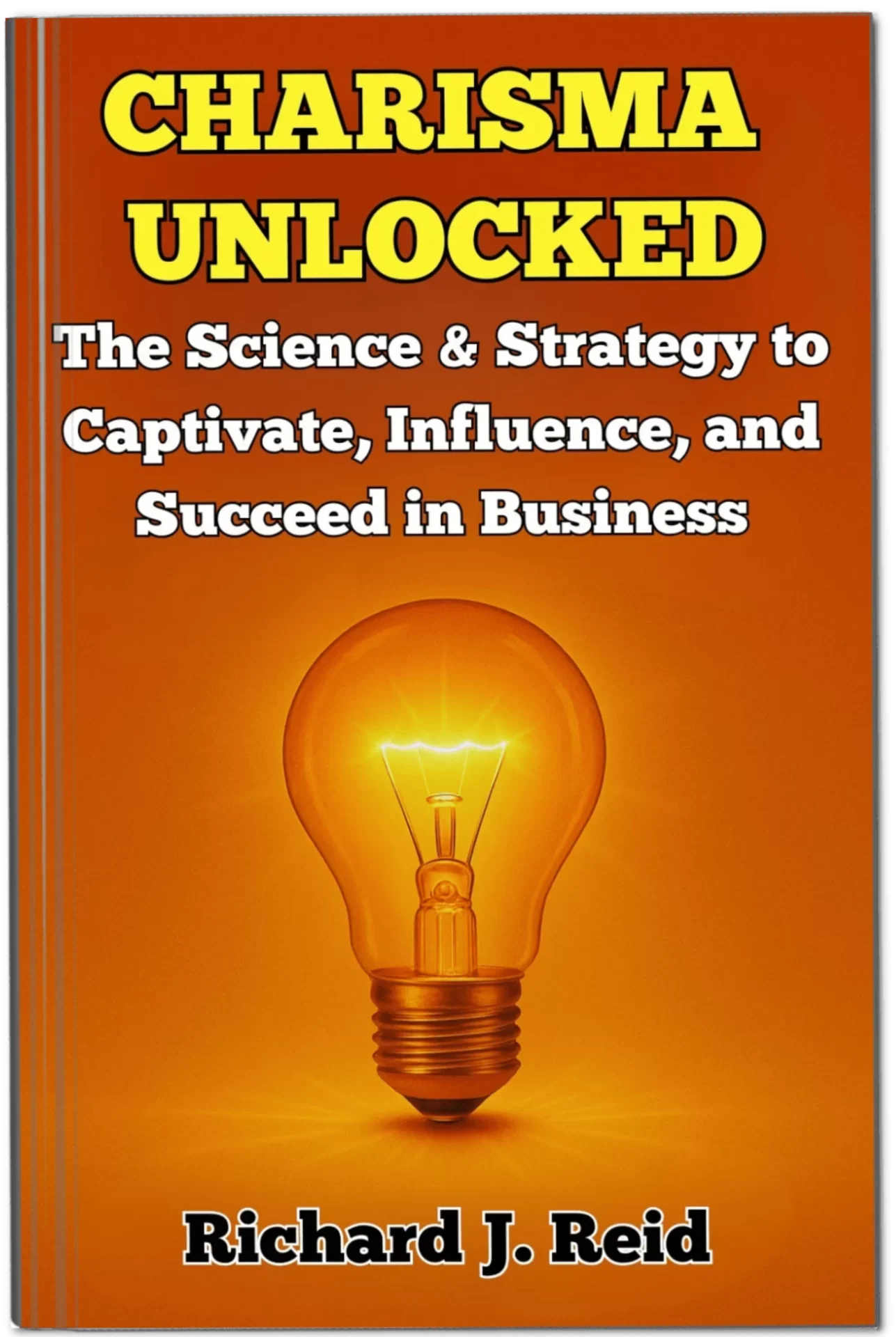Your cart
- No products in the cart.
Total:
£0.00
Premium Online Therapy & Coaching Services
Sometimes certain events can hinder the natural growth of our confidence such as being bullied, growing up in a strict family, or even big changes within our adulthood. Low levels of confidence can cause a variety of symptoms from negative thinking or irrational thoughts of failure to avoiding activities and experiences.
Confidence therapy fixes all this by finding out what hindered your confidence in the first place, and strategically helping you build more of it moving forward.
Your therapist will guide you through your past to events that may have been locked in your subconscious. That way we can tackle the root cause and start to build confidence quickly. This will help you challenge your negative thinking, helping you to grow in a more positive and assertive manner and proving your inner self wrong.
While confidence building can be done with just you and your therapist, it may be best to attend a confidence course where you can talk to others who suffer from low confidence for support. This gives people with low confidence a sense of achievement within a group.
We will also use a combination of therapies such as cognitive behavioural therapy (CBT) and hypnotherapy.
Carly was intelligent, successful and attractive but lacked self-confidence, feeling anxious in social situations and avoiding opportunities for career progression. But Carly was very adept at using words and imagery, so we used metaphors to represent how she felt about her situation.
We identified the image of a large grey ball to signify the lack of confidence that was crushing her. This encouraged her to find a way of altering it and having it ‘dry out’ and disappear. The change was then tested as Carly was asked to visualise being in a group, but she immediately said she felt “scared”.
This feeling was used to lead to her second metaphor, being surrounded by spikes suspended in the air. They were there to hold her back and stop her getting into trouble. This was probably the actual cause of her problems, an originally helpful behaviour response that had gone out of control.
Instead of keeping her out of trouble, it was now stopping her doing anything at all. To transform the spikes, she was asked to look closely at them. Carly was surprised to find that each one she looked at popped out of existence, helping her finally clear all the spikes. Now, she was completely confident she could join in on and even lead groups naturally and easily.
I then asked Carly to imagine a friend asking her to start a company. This was another self-doubt of hers. She immediately came up with a third metaphor where she was inside a cage with black steel bars and was calling out to people walking by, but they were unable to see her.
Later she was able to transform the cage so that the walls disappeared but she found that she still was holding on to a few bars, even though she was now outside the cage. She found that she did not want to let go. This indicated that the symbol represented some sort of resource for her, and she did not want to lose it.
Valuable resources are always kept, so it was suggested she transform the bars into something useful that she could carry around with her. It turned into a silver ball in her hand. But as soon as she felt it in her hand, part of her wanted to throw it away. So, she transformed it again into something she could keep in her pocket. As soon as it was in the pocket, it merged with her body and ceased to exist. She then said that she was walking along with all the other people, and they were not paying any attention to her.
Finally, Carly was again tested against each of the things she said she could not do. A wide smile appeared on her face as she realised that it was all over. She was free of it.









Are you looking to make a lasting impression in social situations? Do you struggle to connect with others or feel your presence is often overlooked? Unlock your true potential with Charisma Unlocked.
If you feel your ability to communicate or influence is holding you back, this book provides the tools to transform your social skills. With Richard’s expert guidance and proven strategies, you’ll discover how to harness the power of charisma in everyday interactions.
By mastering techniques such as active listening, body language control, and authentic self-expression, you’ll gain the confidence to connect with others and make a powerful impact in both your personal and professional life. Take the first step toward unlocking the magnetic presence within you.
If you’re still unsure whether you need us or not then simply send us any questions you may have via the enquiry form on the right.
Search for an area of expertise:




